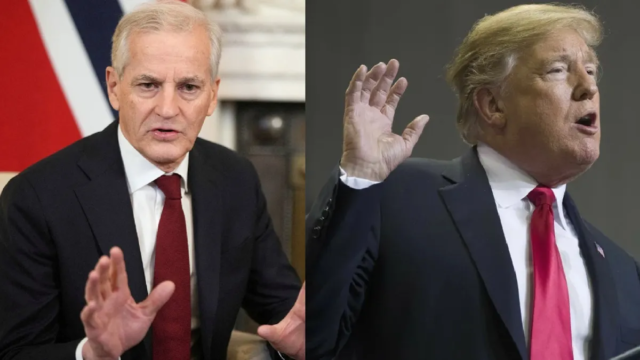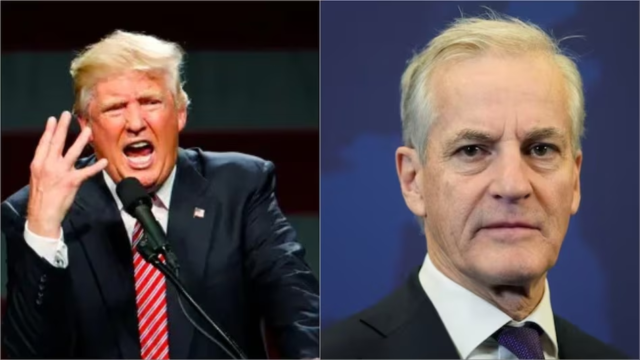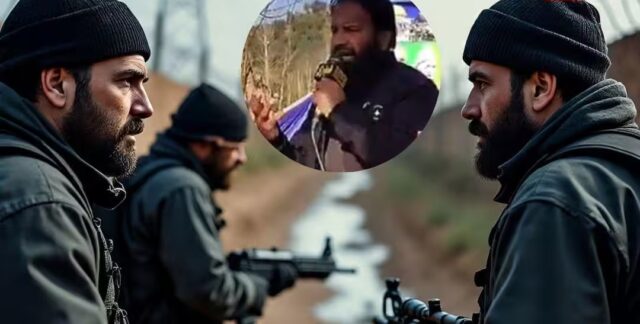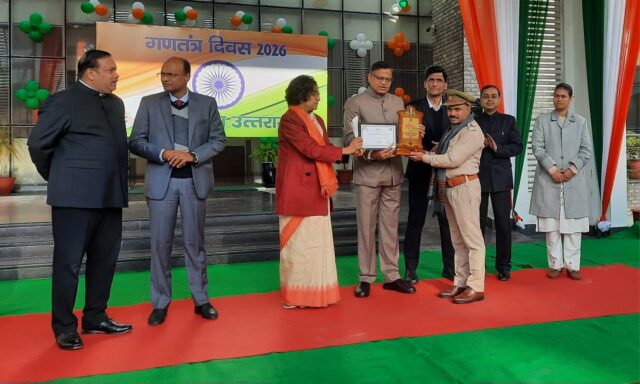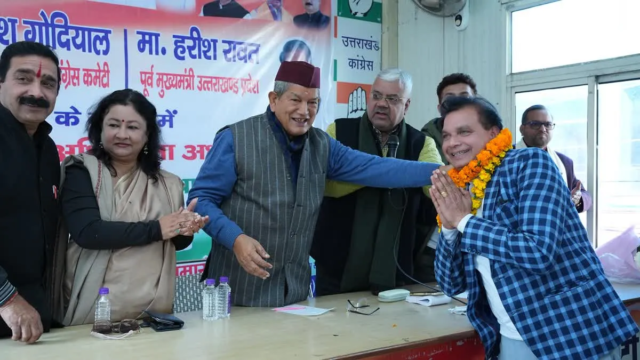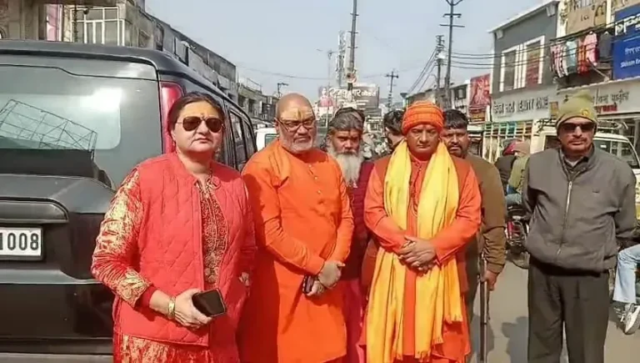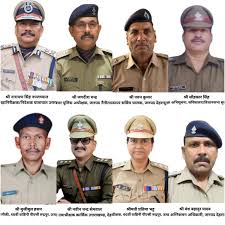Russia: The rebellion in Russia ended for one and a half days; What will happen to the Wagner group now, how much will it affect the Ukraine war?
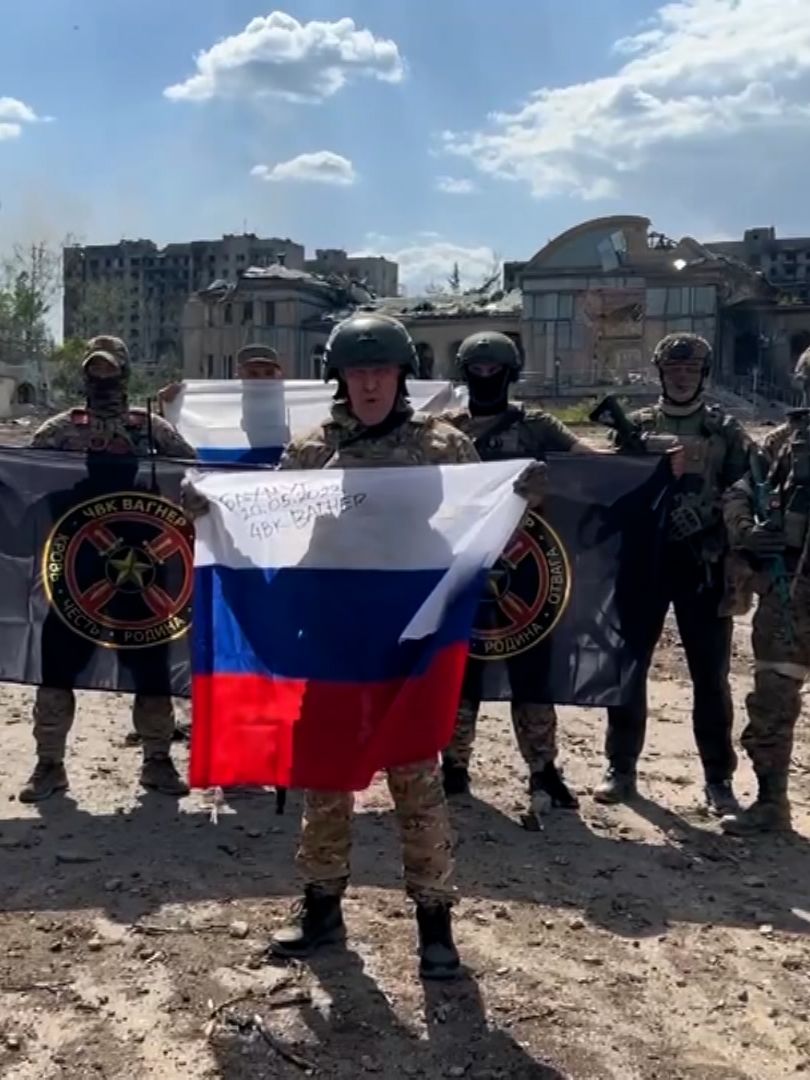
The rebellion that lasted for a day and a half in Russia is over. This rebellion was done by Russia’s private army Wagner. Yevgeny Prigozhin, now head of the Wagner Group, has ordered his troops to halt their march to Moscow and return to their field camps in Ukraine. Prigozhin will leave for Belarus. Second, the criminal case against him will be withdrawn. The Kremlin said the biggest goal was to avoid bloodshed, internal conflict and conflict with unpredictable consequences.
However, this rebellion has shattered the myth of Russian President Vladimir Putin being strong and invincible. At the same time, it has raised questions about his ability to wage war in Ukraine. In such a situation, it is important to know what happened in Russia? How did the rebellion start? How did Putin respond? What options does Wagner have now? Could the uprising have an impact on the Ukraine war?
What happened in Russia after all?
Prigozhin, head of Russia’s private army Wagner Group, issued a series of messages from late Friday night into Saturday. In it, Prigozhin claimed that he and his troops had entered the southern Russian city of Rostov and taken control of military positions. After this the private army threatened to march on Moscow, but then Prigozhin suddenly announced to withdraw his steps.
How did the rebellion start?
In fact, for several months, a power struggle has been going on between the top officers of the Russian army and Prigozhin. Prigozhin is blaming Russian forces for the deaths of his soldiers in eastern Ukraine. He has repeatedly accused him of failing to adequately equip his private army and of claiming the victories won by Wagner as his own success.
Prigozhin’s anger came out in the open on Friday, when he accused Moscow’s military leadership of ordering the attack on the Wagner camps. The Wagner chief said that they would have to be stopped and threatened the consequences. He later claimed that his forces shot down a Russian military helicopter.
A few hours later, Prigozhin said that his military base in Rostov, southern Russia, was captured. Private militias reportedly advanced as far as the Lipetsk region, some 420 km from the capital Moscow, but Prigozhin suddenly announced that his troops were withdrawing to avoid bloodshed. His fighters also began to withdraw from Rostov.
How did Putin react?
Putin has described the Wagner rebellion as a deadly threat to Russia and urged the country to unite. In an address to the nation on Saturday morning, Putin threatened to punish those who follow the path of treason. He said that Wagner’s betrayal was a backstabbing of our country and our people. He compared the group’s actions to the Russian Revolution of 1917, which overthrew Tsar Nicholas II during World War I. Meanwhile, security was tightened in Moscow and several regions such as Rostov and Lipetsk, and travel restrictions were imposed in the Kaluga region, south of the capital.
Meanwhile, Putin also held telephonic talks with Turkish President Erdoğan and the leaders of Kazakhstan and Uzbekistan. Along with this, he also called his colleague, the leader of Belarus, Alexander Lukashenko. Lukashenko later announced that he had negotiated an agreement with Prigozhin to stop the movement of Wagner forces and reduce tensions. Putin thanks Lukashenko after Wagner’s announcement
What options does Wagner have now?
As part of the deal brokered by Lukashenko, the Kremlin said Prigozhin would leave for Belarus and the criminal case against him would be dropped. The Kremlin said that members of Prigozhin’s paramilitary forces, who had joined the armed rebellion, would not be prosecuted. ‘We have always respected their heroic deeds at the front,’ Peskov said.
“There is an agreement that Wagner will return to his bases,” he said. He said that the fighters who had not taken part in the rebellion would be allowed to formally join the Russian army.
On the other hand, if experts are to be believed, Wagner Group is an independent fighting company with different conditions than the Russian army. For example, Wagner fighters are fed better food than the Legion, meaning that it would be difficult to merge completely. Experts say, ‘Some pieces may shatter. They are loyal to the man Prigozhin, not to the country, not to the cause.’
Other experts say the danger is not over for Wagner Boss either. Putin does not forgive traitors. Even if Putin says so. On the other hand, as long as Prigozhin has any kind of support, he is a threat to Russia, wherever he is.
What effect could this have on the Ukraine war?
The Wagner rebellion was the biggest challenge yet to Putin’s long rule. It turned out to be Russia’s most serious security crisis since he came to power in 1999. This forced Russian forces away from the battlefield in Ukraine. That too at a time when Kiev’s retaliation is on. Ukraine is taking action to recapture its territory. Ukrainian forces launched several new offensives on their eastern front amid the uprising in Russia. Ukraine’s Deputy Defense Minister Ganna Malyar said that its forces attacked Russian borders near several cities and have advanced in all directions.
President Volodymyr Zelensky said that Putin is probably very scared and may be in hiding. He has also stepped up calls on Western allies to provide all the weapons needed for the defense. He said that Kiev needs F-16 fighter jets and Army Tactical Missile System.

